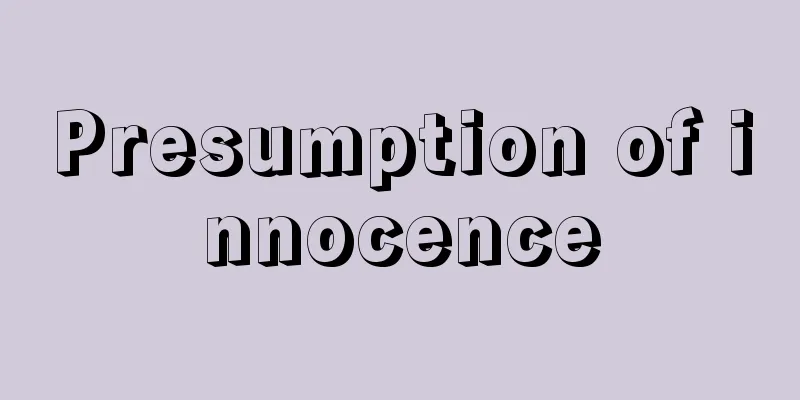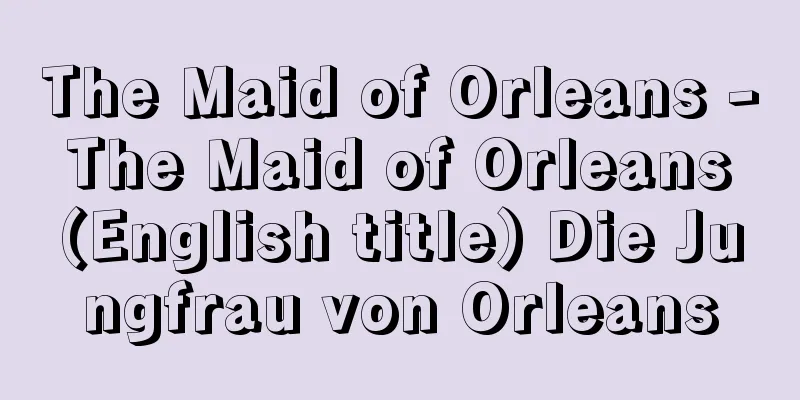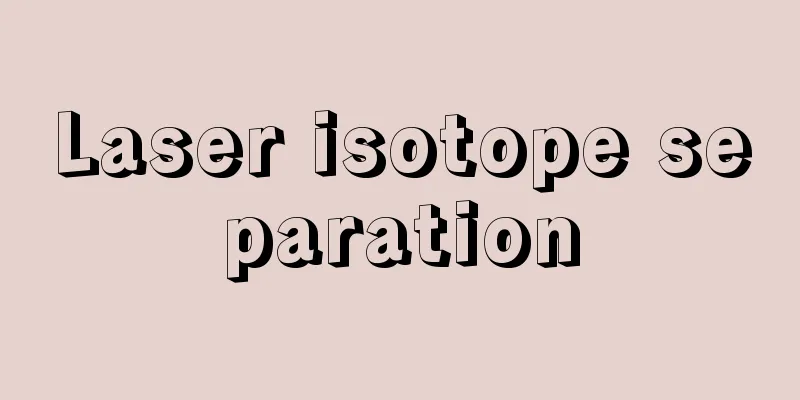Presumption of innocence

|
Only those who are ultimately found guilty in court can be called criminals; merely being a suspect or defendant does not make one a criminal. Thus, the principle that all suspects and defendants may be innocent and that their civil rights should be guaranteed as much as possible is called the presumption of innocence (broad sense). In an era when ideas about human rights were underdeveloped, those who were merely suspected were treated as if they were criminals. Moreover, even when a guilty verdict could not be found due to insufficient evidence or other reasons, a so-called criminal offense was imposed, and there was no room for the presumption of innocence to apply. Source: Heibonsha World Encyclopedia, 2nd Edition Information |
|
裁判で最終的に有罪ときまった者だけが犯人と呼ばれてよく,被疑者・被告人となっただけではまだ犯人ではない。こうして,すべての被疑者・被告人は無罪の可能性があり,できる限り市民的権利が保障されるべきだという原則を無罪の推定(広義)という。人権思想が未発達の時代には,嫌疑をかけられただけで犯人であるかのように扱われた。しかも,証拠不十分等の理由で有罪を宣告することができない場合にも,いわゆる嫌疑刑が科せられ,無罪の推定が働く余地はなかった。
出典 株式会社平凡社世界大百科事典 第2版について 情報 |
<<: Musaylima (English spelling)
Recommend
Mesta (river) (English spelling)
A river that flows southeast through the Balkan Pe...
Duan-fang; Tuan-fang
Born: 11th year of Xianfeng (1861) [Died] Senno 3 ...
Housewife's eczema - shufushisshin
What kind of disease is it? "My symptoms wor...
Gori - Gori
It is the local name for certain freshwater gobie...
Hakkeburui - Hakkeburui
Also called "Shirakawa Family Burui." Ed...
Pteromys volans (English spelling) Pteromysvolans
…[Yoshiharu Imaizumi]. … *Some of the terminology...
combat air patrol
…Abbreviation for combat air patrol. Refers to pa...
Volkov, FG (English spelling) VolkovFG
...The town's raznotsintsy (miscellaneous int...
disc cutter
… [Development History] The world's first suc...
Angle ruler
A ruler used to measure angles. The simplest tool...
The Record of the King of Personnel
This is the diary of Prince Shigeakira, son of Emp...
Giant clam - Giant clam
...Haya, Honbaya (Tokyo), Kuki (Gunma Prefecture)...
Montessori - Maria Montessori
Italian physician and educator. Initially, she wa...
Temporary Parents and Children - Temporary Parents and Children
(In Buddhism, the relationship between parents and...
Official seal - Kanshofu
〘 noun 〙 An official document that grants a specia...





![Sugawa [Hot Spring] - Sugawa](/upload/images/67cbf30370a6f.webp)



